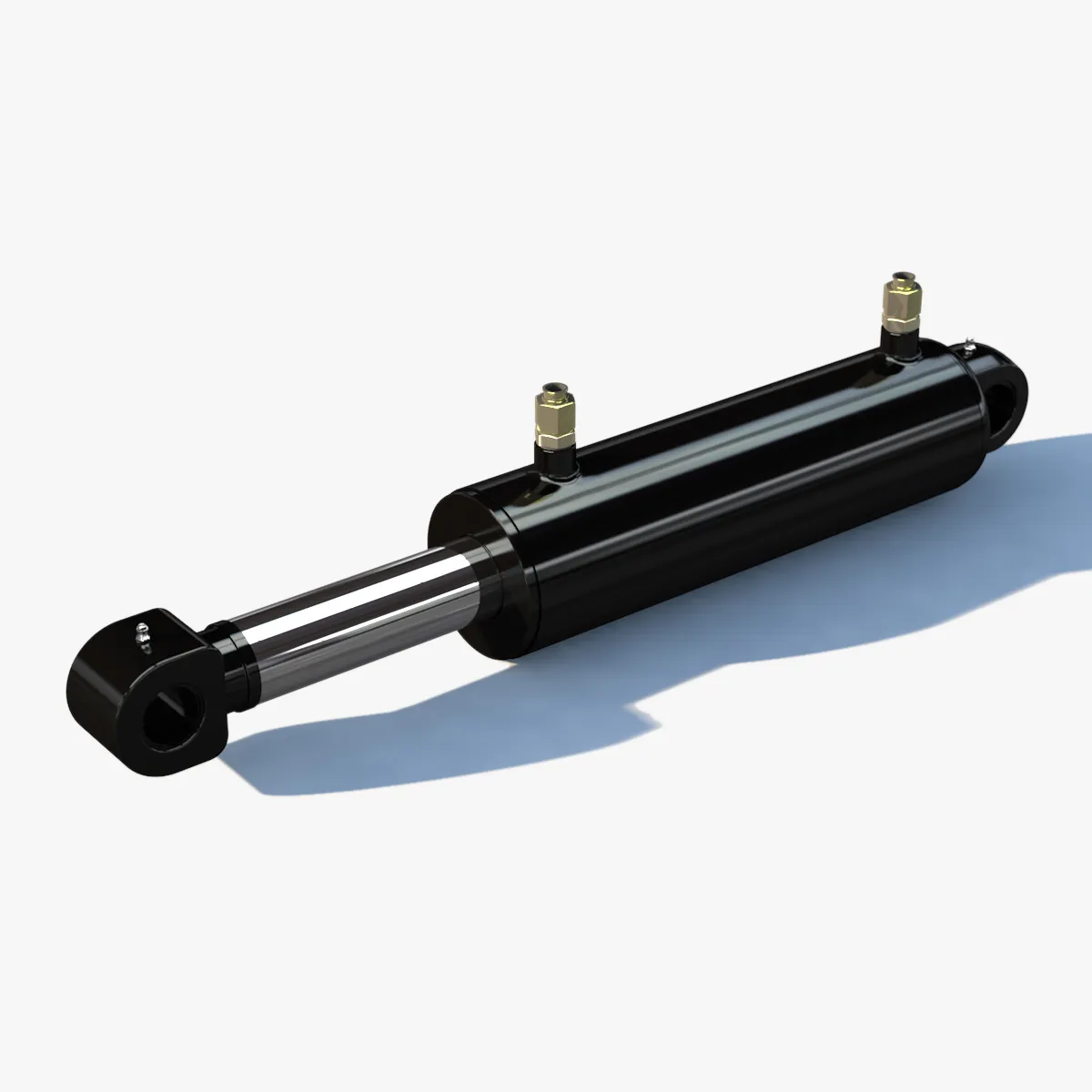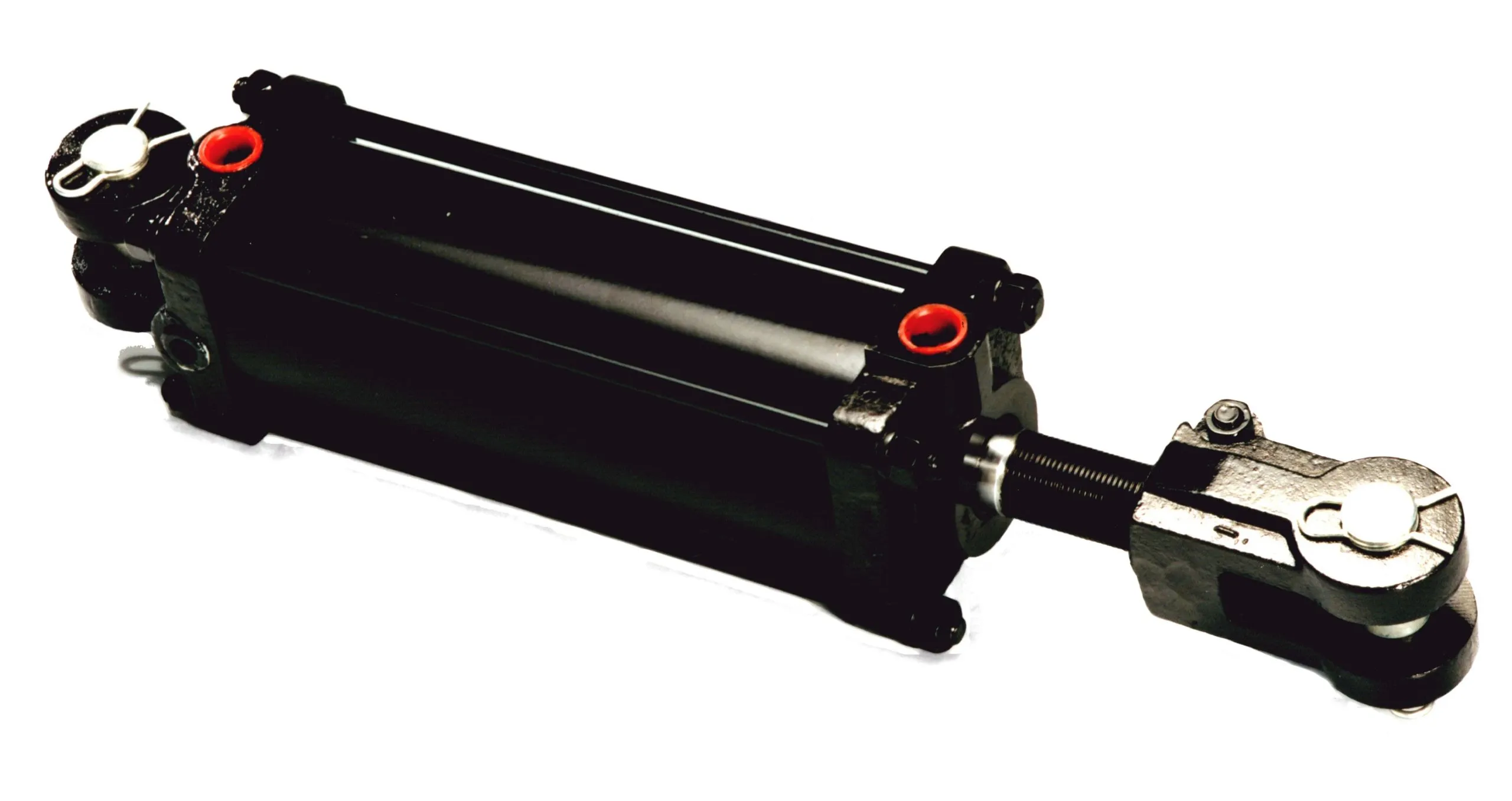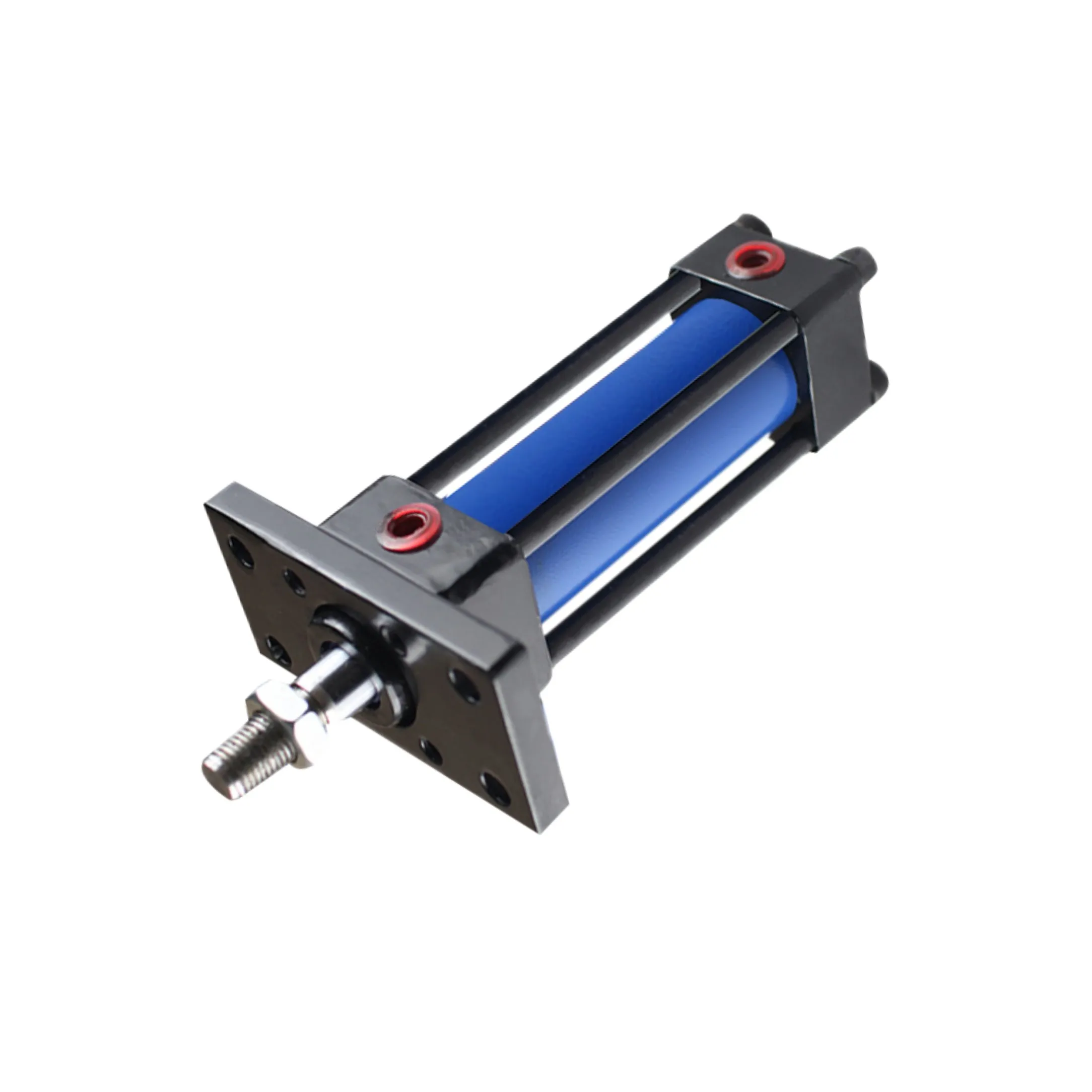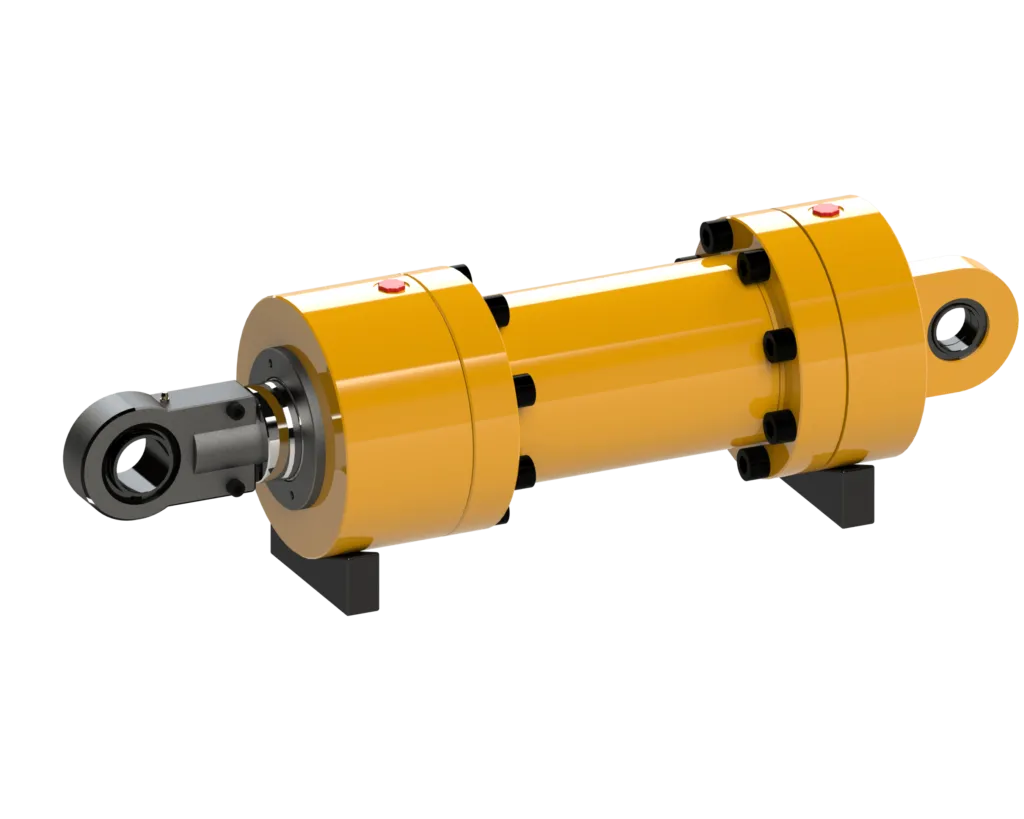Understanding Mill-Type Welded Hydraulic Cylinder Quality Control
Introduction to Mill-Type Welded Hydraulic Cylinders
In the realm of hydraulic systems, mill-type welded hydraulic cylinders play a pivotal role. These cylinders are designed and manufactured with precision to ensure optimal performance and durability in various applications. The mill-type welded hydraulic cylinder, also known as a grinding cylinder, is a key component that converts fluid power into mechanical force.
Design Characteristics

The design of a mill-type welded hydraulic cylinder includes components such as the shell, inner cylinder, piston, and other crucial parts. The manufacturing process emphasizes welding technology to ensure the strength, durability, and performance of the cylinder. Each component is meticulously crafted to withstand high pressures and loads, making it suitable for heavy-duty applications.
Working Principle

The working principle of a mill-type welded hydraulic cylinder involves the conversion of hydraulic energy into mechanical force. As hydraulic fluid enters the cylinder, it pushes against the piston, generating linear motion. This motion is harnessed to perform a wide range of tasks in industrial machinery, mining equipment, and other applications.
Types and Configurations
There are three main types of mill-type welded hydraulic cylinders, each with unique configurations to suit specific requirements. These cylinders are available in various sizes and designs, making them versatile for different applications.
Advantages of Mill-Type Welded Hydraulic Cylinders
- High load capacity
- Long stroke
- Rugged durability
- Precision performance
- Efficient energy conversion
Performance Characteristics

Mill-type welded hydraulic cylinders operate within a typical working pressure range, with factors such as load capacity, speed, and responsiveness affecting their performance. Choosing the right cylinder size and configuration is crucial for optimal functionality in specific applications.
Applications
Mill-type welded hydraulic cylinders find extensive use in industries such as heavy equipment, industrial machinery, mining operations, and more. These cylinders play a vital role in enhancing the efficiency and productivity of various machinery and equipment.
Design Considerations
When selecting a mill-type welded hydraulic cylinder, factors such as bearing capacity, sealing, durability, safety, and maintainability must be taken into account. These design considerations ensure that the cylinder meets the desired performance standards and operational needs.
Sealing and Lubrication
Proper sealing and lubrication of mill-type welded hydraulic cylinders are essential for their smooth operation and longevity. Various seals, including piston seals and rod seals, are used to prevent leakage and ensure efficient performance. Regular maintenance, including lubrication with hydraulic oil, is necessary to enhance wear resistance.
Maintenance and Safety
Regular inspection and preventive maintenance measures are crucial for ensuring the optimal performance and safety of mill-type welded hydraulic cylinders. Following recommended maintenance procedures and safety guidelines can prevent potential issues and extend the service life of the cylinders.
Installation and Maintenance Tasks
Correct installation, proper lubrication, and timely maintenance are key to maximizing the lifespan of mill-type welded hydraulic cylinders. By adhering to maintenance tasks such as regular inspection, seal replacement, and calibration checks, users can ensure the cylinders operate efficiently and reliably.
Safety Considerations
When using mill-type welded hydraulic cylinders, it is essential to prioritize safety measures to prevent accidents and ensure a secure working environment. Adhering to safety protocols and guidelines can help mitigate risks associated with hydraulic system operations.
Fault Diagnosis and Troubleshooting
Identifying common problems and performing fault diagnosis on mill-type welded hydraulic cylinders is vital for maintaining their performance. By understanding the root causes of issues and implementing effective troubleshooting solutions, users can address problems promptly and prevent downtime.
FAQs
What are the advantages of mill-type welded hydraulic cylinders?
Mill-type welded hydraulic cylinders offer high load capacity, long stroke, rugged durability, precision performance, and efficient energy conversion.

What are the main components of a mill-type welded hydraulic cylinder?
The main components include the shell, inner cylinder, piston, seals, and other crucial parts that enable the cylinder to convert hydraulic energy into mechanical force.
How do mill-type welded hydraulic cylinders differ from other types?
Mill-type welded hydraulic cylinders are designed for heavy-duty applications, with a focus on strength, durability, and performance. They are tailored for specific requirements in industrial machinery, mining equipment, and other sectors.
Long Tail Keywords
- High-Performance Hydraulic Cylinders
- Durable Welded Cylinder Solutions
- Precision Hydraulic System Components
Company Focus
Our company specializes in the manufacturing and distribution of high-quality mill-type welded hydraulic cylinders. With a comprehensive product line and a commitment to excellence, we have established ourselves as a leading provider in the domestic and international markets. Our services include professional customization, international certifications, state-of-the-art production equipment, and dedicated after-sales support to meet the diverse needs of our customers.
